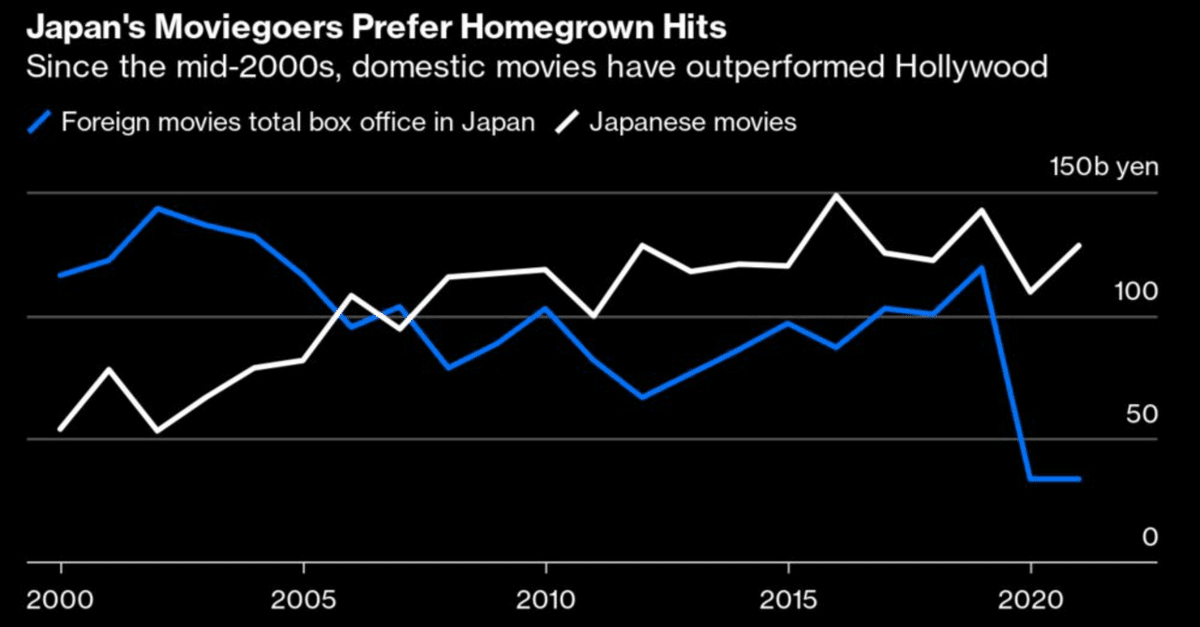Why Japanese Films Are Thriving While Hollywood Stumbles - A Deep Dive into the Era of “Japanese Rise, Western Decline”
Japanese pop culture news edited by Patrick Macias
Why is Japanese cinema booming while Hollywood falters? As global audiences grow increasingly indifferent to big-budget Hollywood spectacles such as Fast X, Indiana Jones and the Dial of Destiny, and The Flash, Japan’s domestic film industry is experiencing an extraordinary surge. While these once-reliable Western franchises have stumbled at the global box office, Japanese films like Demon Slayer: Mugen Train, The First Slam Dunk, and Suzume have broken records and drawn massive crowds, both at home and across Asia.
This article, adapted from Takashi Wada’s book Eiga Business, explores the rise of Japan’s domestic film industry. Drawing on years of industry reporting, Wada unpacks the structural and cultural forces behind the current trend of "Japanese rise, Western decline" that is dominating movie screens in Japan.
A Shift in Power: Domestic Films Outpacing Hollywood Imports
Each January, the Motion Picture Producers Association of Japan (Eiren) releases its annual report on the state of the industry. The 2024 figures, announced on January 29, showed a total domestic box office of 206.9 billion yen. This was a drop of 14.4 billion yen from the previous year, but the full picture tells a different story.
Japanese films earned 155.8 billion yen in 2024, which was an increase of 7.6 billion yen from 2023 and marked a new all-time high. Foreign films, meanwhile, brought in only 51.1 billion yen, a sharp decline of 22.1 billion yen, or nearly 30 percent.
Among the top 10 highest-grossing domestic films, six were animated, and two surpassed the 10 billion yen mark. A total of 31 Japanese films earned over 1 billion yen, led by Detective Conan: The Million-Dollar Pentagram. In contrast, only 10 foreign films cleared the same benchmark, down from 15 in 2023, and just one made over 5 billion yen.





